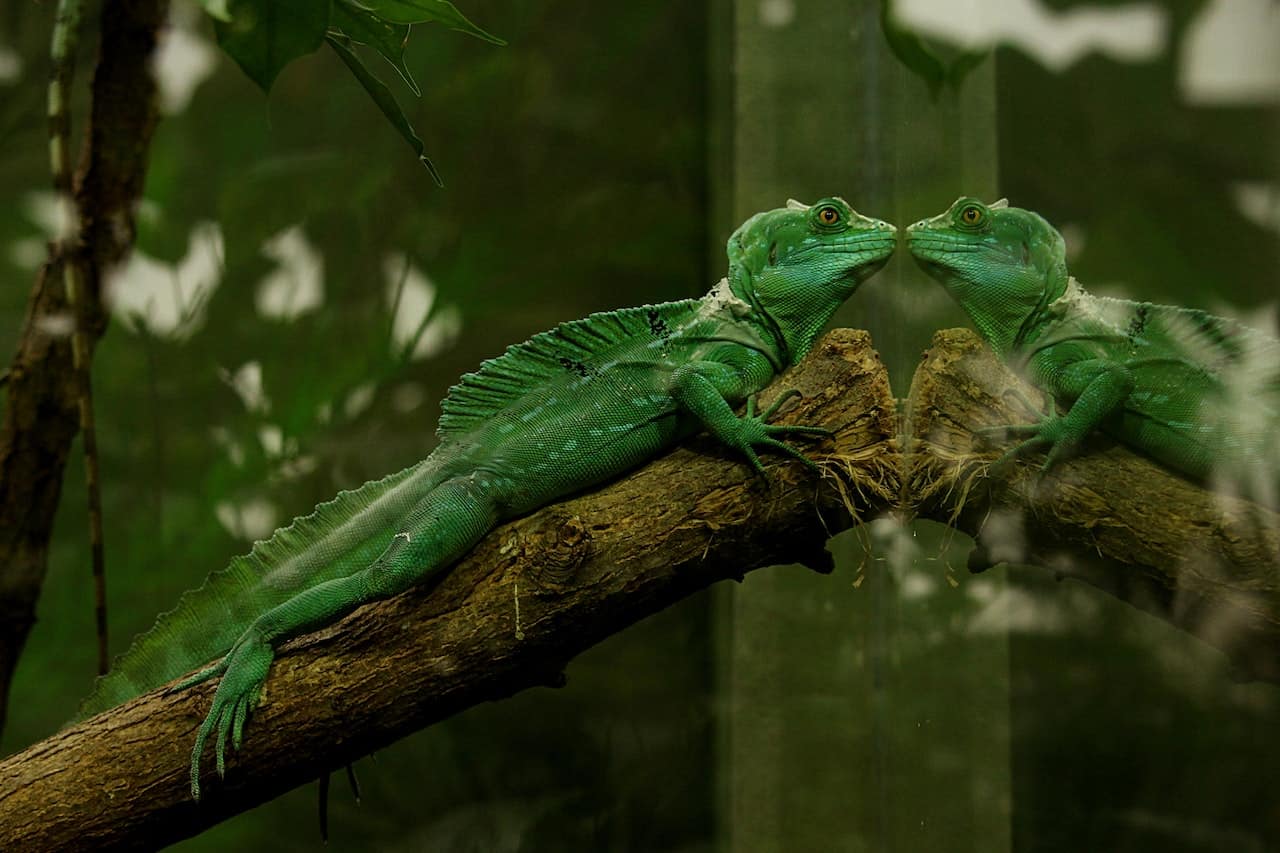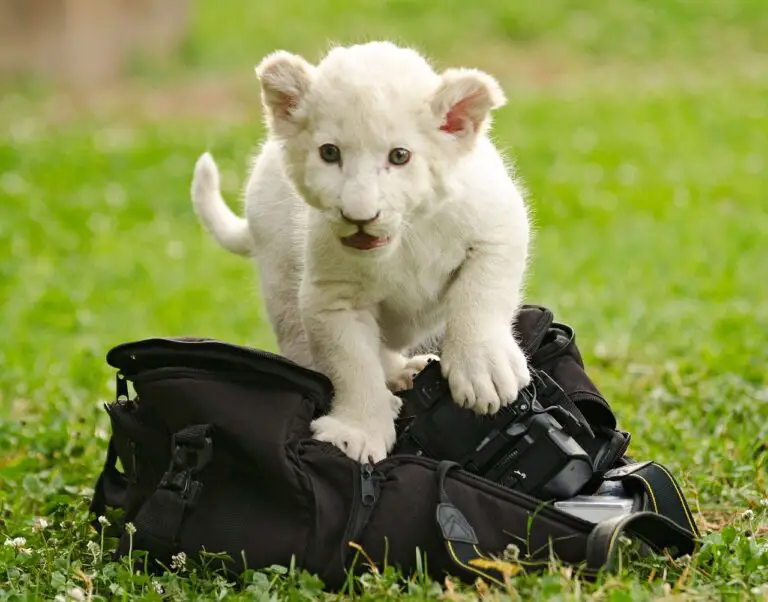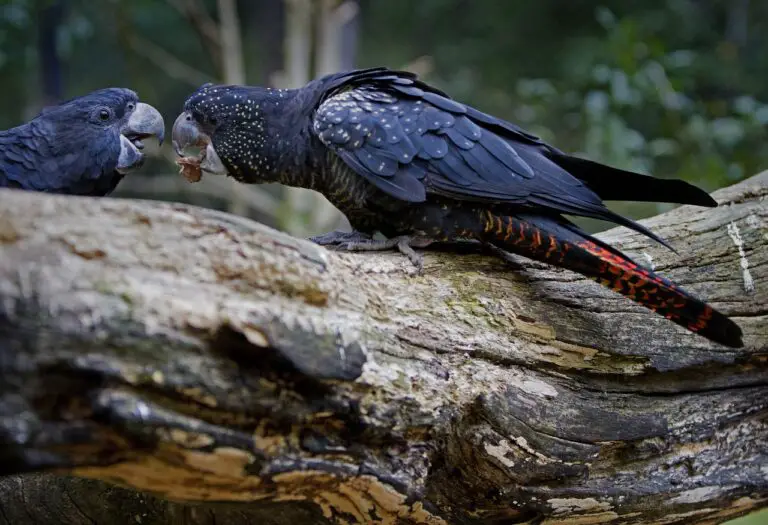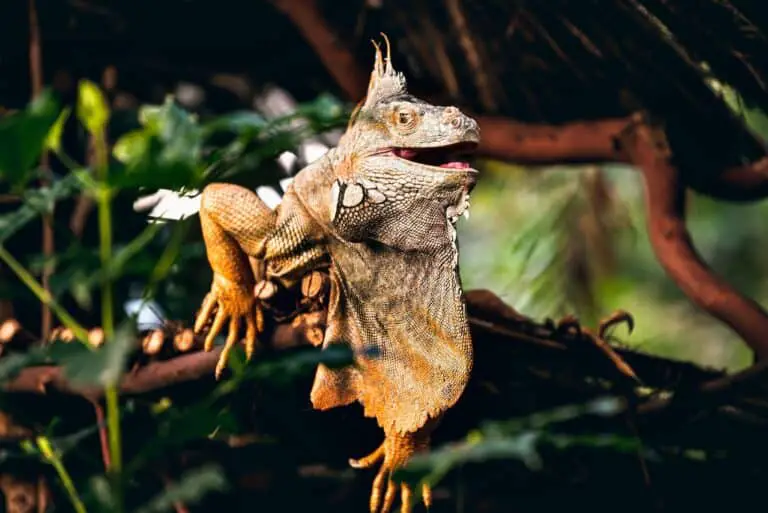How to Create the Perfect Habitat for Your Exotic Pet
If you are a pet owner and want to keep an exotic pet, you need to understand the importance of creating a perfect habitat for your pet.
Exotic pets have specific needs that differ from traditional pets like cats and dogs.
In this article, we will explore how to create the perfect habitat for your exotic pet.
We will discuss the various factors that you need to consider to ensure that your pet is comfortable, healthy, and happy in its habitat.
Key takeaways:
- Exotic pets are non-traditional pets that require specific care.
- Popular exotic pets include snakes, lizards, birds, rabbits, hedgehogs, tarantulas, and fish.
- Exotic pets have specific dietary, environmental, and health requirements that must be considered when creating their habitat.
- Keeping an exotic pet requires resources, knowledge, and time to provide the proper care and attention.
- Research the specific requirements of the species you want to keep and ensure you can provide them with the right habitat and care.
Understanding Your Exotic Pet’s Natural Habitat
Before you create a habitat for your exotic pet, you need to understand its natural habitat.
Each exotic pet species has unique requirements, and you need to research and understand them to create a suitable habitat.
Keep an eye on the temperature, humidity, lighting, and substrate required for your pet’s comfort and health.
Choosing the Right Enclosure
Choosing the right enclosure is crucial for your exotic pet’s health and well-being.
You need to consider the size of the enclosure, the material used, and the ventilation required.
The enclosure should be spacious enough for your pet to move around comfortably and have hiding spaces.
Providing the Right Lighting
Exotic pets require specific lighting to thrive.
Make sure to provide your pet with adequate lighting to help them regulate their body temperature, metabolism, and vitamin D synthesis.
Also, you need to choose the right lighting system based on your pet’s needs, such as UVB and UVA lighting.
Regulating Temperature and Humidity
Regulating temperature and humidity levels is essential to create a comfortable and healthy habitat for your exotic pet.
Ensure that the enclosure is at the right temperature and humidity level, which can vary based on the species of your pet.
Choosing the Right Substrate
Choosing the right substrate is essential for your pet’s comfort and hygiene.
You need to select the right substrate based on your pet’s natural habitat and habits. Some common substrates include sand, soil, moss, and bark.
Providing the Right Diet and Water Source
Exotic pets have specific dietary requirements, and you need to ensure that you provide them with the right food and water source.
Don’t forget to research the specific dietary requirements of your pet and provide them with fresh and clean water at all times.
Ensuring Proper Hygiene
Maintaining proper hygiene is crucial for your exotic pet’s health and well-being.
It’s a must to clean the enclosure regularly, change the substrate, and remove any waste.
You should also provide your pet with a regular bath or misting to keep their skin and coat healthy.
Creating a Comfortable and Stimulating Environment
Creating a comfortable and stimulating environment is essential to keep your exotic pet happy and healthy.
Remember to provide your pet with hiding spaces, climbing structures, and toys to keep them active and engaged.
Consulting with an Exotic Pet Veterinarian
Consulting with an exotic pet veterinarian is essential to ensure that you provide your pet with the right care and habitat.
A veterinarian can help you understand your pet’s unique needs and provide you with the right advice to create a suitable habitat.
Conclusion
Creating the perfect habitat for your exotic pet requires careful consideration of several factors.
Make sure to research your pet’s natural habitat, choose the right enclosure, provide adequate lighting, regulate temperature and humidity, select the right substrate, provide the right diet and water source, ensure proper hygiene, create a comfortable and stimulating environment, and consult with an exotic pet veterinarian.
By following these guidelines, you can create a suitable habitat that will keep your exotic pet healthy, happy, and comfortable.
FAQs
What is an exotic pet?
An exotic pet is any non-traditional pet that is not a cat, dog, or farm animal.
These can include reptiles, birds, small mammals, fish, and invertebrates.
What are the most popular exotic pets?
Some of the most popular exotic pets include snakes, lizards, birds, rabbits, hedgehogs, tarantulas, and fish.
Do exotic pets require special care?
Yes, exotic pets require special care as their needs are different from traditional pets.
They have specific dietary, environmental, and health requirements that you need to consider when creating their habitat.
Can I keep an exotic pet?
Yes, you can keep an exotic pet, but you need to ensure that you have the resources, knowledge, and time to take care of them properly.
You need to research the specific requirements of the species you want to keep and ensure that you can provide them with the right habitat and care.
How do I know if I am ready to take care of an exotic pet?
What is an exotic pet? An exotic pet is any non-traditional pet that is not a cat, dog, or farm animal.
Exotic pets can include reptiles, birds, small mammals, fish, and invertebrates.
Peter Stones is the founder of Exotic Pets Place, the leading online resource for exotic pet care information.
With over 10 years of hands-on exotic pet ownership experience, he is deeply passionate about sharing his expertise to help others properly care for their unusual pets.
When he's not writing extensively researched articles or connecting with fellow exotic pet enthusiasts worldwide, you can find Peter at home tending to his own beloved menagerie of exotic animals.



![Exotic Pet Youtubers The Top 8 to Follow [+ Links], someone watching youtube on a tablet](https://exoticpetsplace.com/wp-content/uploads/2023/06/Exotic-Pet-Youtubers-The-Top-8-to-Follow-Links-someone-watching-youtube-on-a-tablet-768x554.jpg)
![The Pros and Cons of Owning an Exotic Pet in College [+ FAQs], a man with a backpack](https://exoticpetsplace.com/wp-content/uploads/2023/06/The-Pros-and-Cons-of-Owning-an-Exotic-Pet-in-College-FAQs-a-man-with-a-backpack-768x512.jpg)


